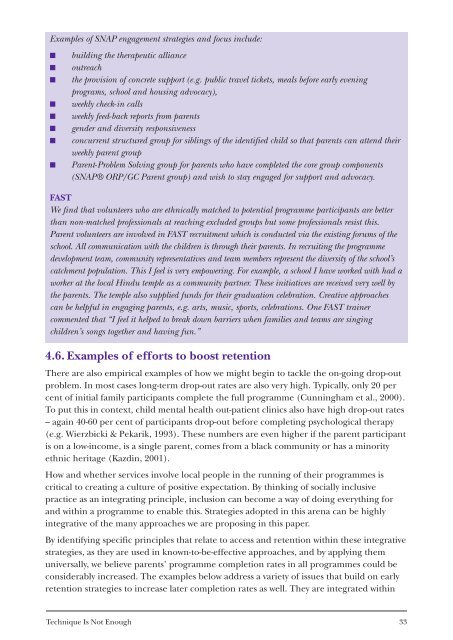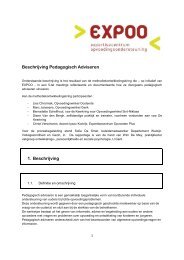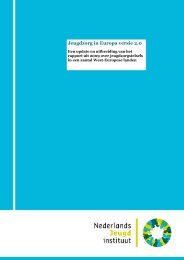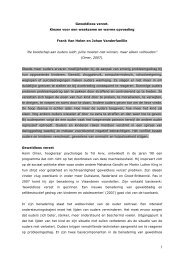Technique Is Not Enough (TINE) - British Psychological Society
Technique Is Not Enough (TINE) - British Psychological Society
Technique Is Not Enough (TINE) - British Psychological Society
- No tags were found...
You also want an ePaper? Increase the reach of your titles
YUMPU automatically turns print PDFs into web optimized ePapers that Google loves.
Examples of SNAP engagement strategies and focus include:■■■■■■■■building the therapeutic allianceoutreachthe provision of concrete support (e.g. public travel tickets, meals before early eveningprograms, school and housing advocacy),weekly check‐in callsweekly feed‐back reports from parentsgender and diversity responsivenessconcurrent structured group for siblings of the identified child so that parents can attend theirweekly parent groupParent‐Problem Solving group for parents who have completed the core group components(SNAP® ORP/GC Parent group) and wish to stay engaged for support and advocacy.FASTWe find that volunteers who are ethnically matched to potential programme participants are betterthan non-matched professionals at reaching excluded groups but some professionals resist this.Parent volunteers are involved in FAST recruitment which is conducted via the existing forums of theschool. All communication with the children is through their parents. In recruiting the programmedevelopment team, community representatives and team members represent the diversity of the school’scatchment population. This I feel is very empowering. For example, a school I have worked with had aworker at the local Hindu temple as a community partner. These initiatives are received very well bythe parents. The temple also supplied funds for their graduation celebration. Creative approachescan be helpful in engaging parents, e.g. arts, music, sports, celebrations. One FAST trainercommented that “I feel it helped to break down barriers when families and teams are singingchildren’s songs together and having fun.”4.6. Examples of efforts to boost retentionThere are also empirical examples of how we might begin to tackle the on-going drop-outproblem. In most cases long-term drop-out rates are also very high. Typically, only 20 percent of initial family participants complete the full programme (Cunningham et al., 2000).To put this in context, child mental health out-patient clinics also have high drop-out rates– again 40-60 per cent of participants drop-out before completing psychological therapy(e.g. Wierzbicki & Pekarik, 1993). These numbers are even higher if the parent participantis on a low-income, is a single parent, comes from a black community or has a minorityethnic heritage (Kazdin, 2001).How and whether services involve local people in the running of their programmes iscritical to creating a culture of positive expectation. By thinking of socially inclusivepractice as an integrating principle, inclusion can become a way of doing everything forand within a programme to enable this. Strategies adopted in this arena can be highlyintegrative of the many approaches we are proposing in this paper.By identifying specific principles that relate to access and retention within these integrativestrategies, as they are used in known-to-be-effective approaches, and by applying themuniversally, we believe parents’ programme completion rates in all programmes could beconsiderably increased. The examples below address a variety of issues that build on earlyretention strategies to increase later completion rates as well. They are integrated within<strong>Technique</strong> <strong>Is</strong> <strong>Not</strong> <strong>Enough</strong> 33
















